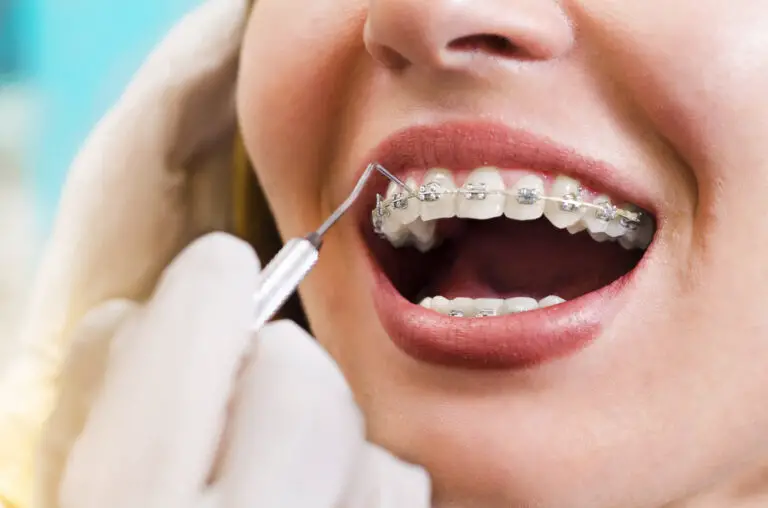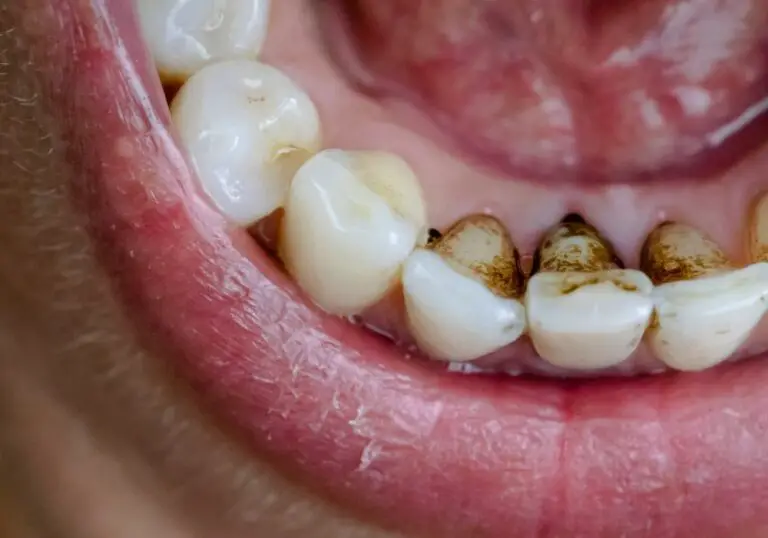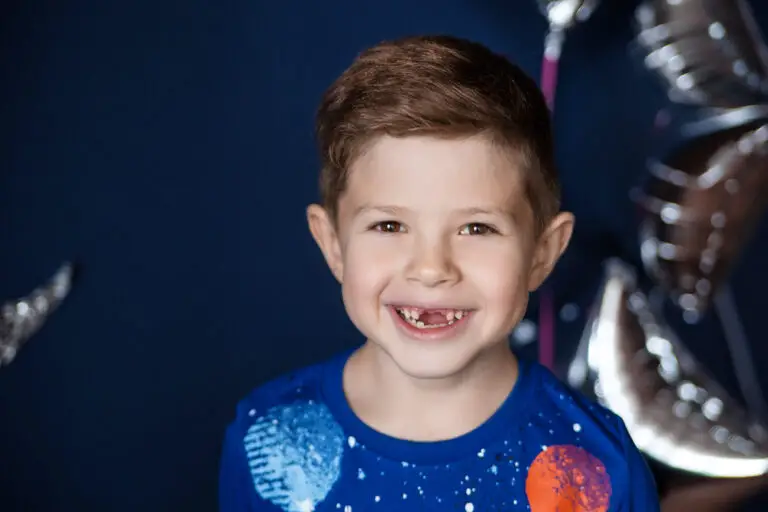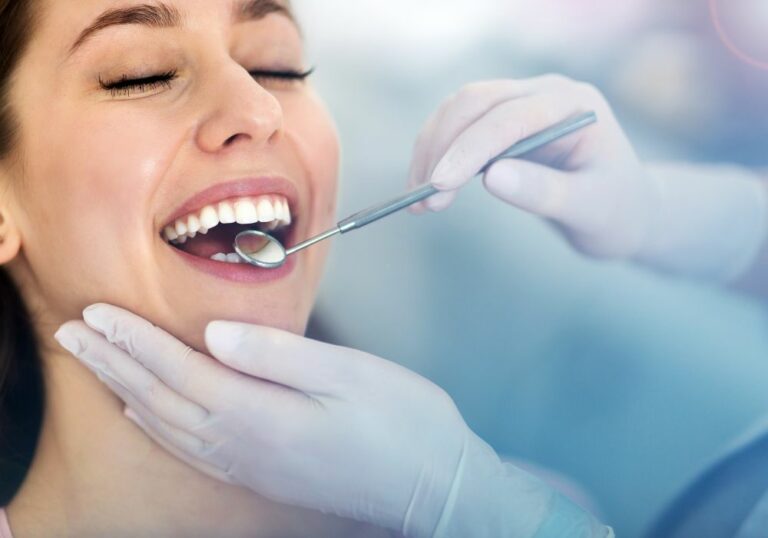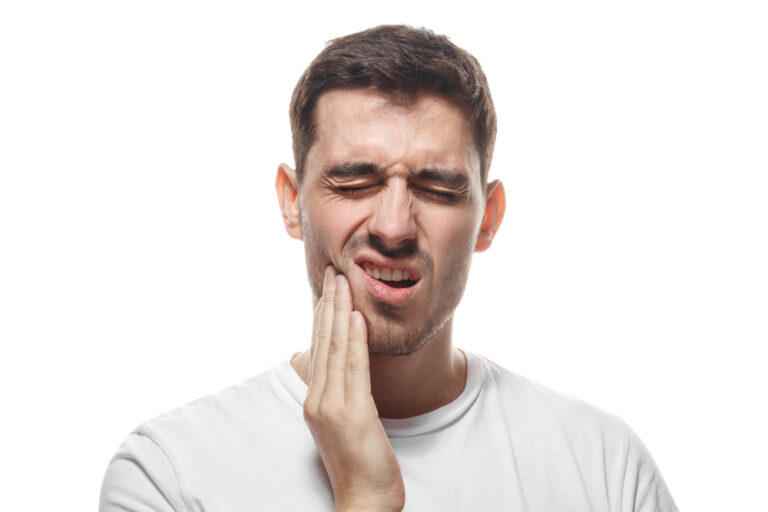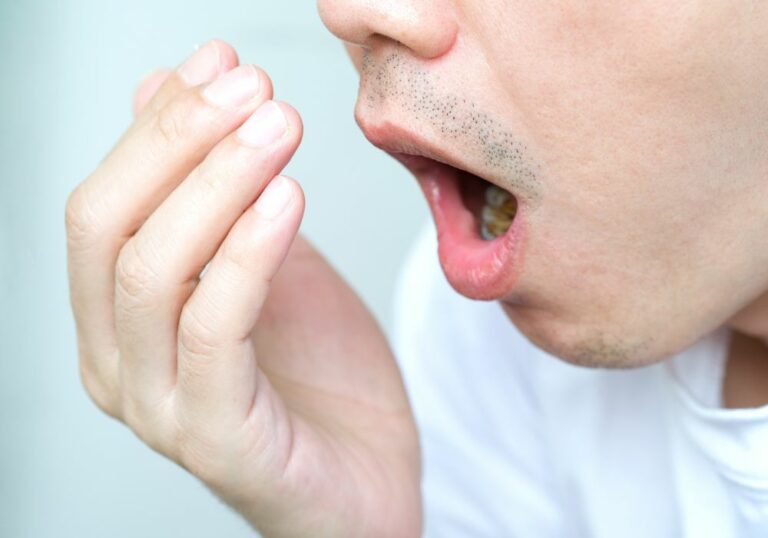It is quite rare for babies to get teeth at 2 months old. Most babies don’t see their first tooth poke through the gums until around 6 months of age. However, some babies are born with teeth or start teething earlier than average. While unusual, it is possible for babies as young as 2 months old to have one or more teeth emerge.
Typical Baby Teething Timeline
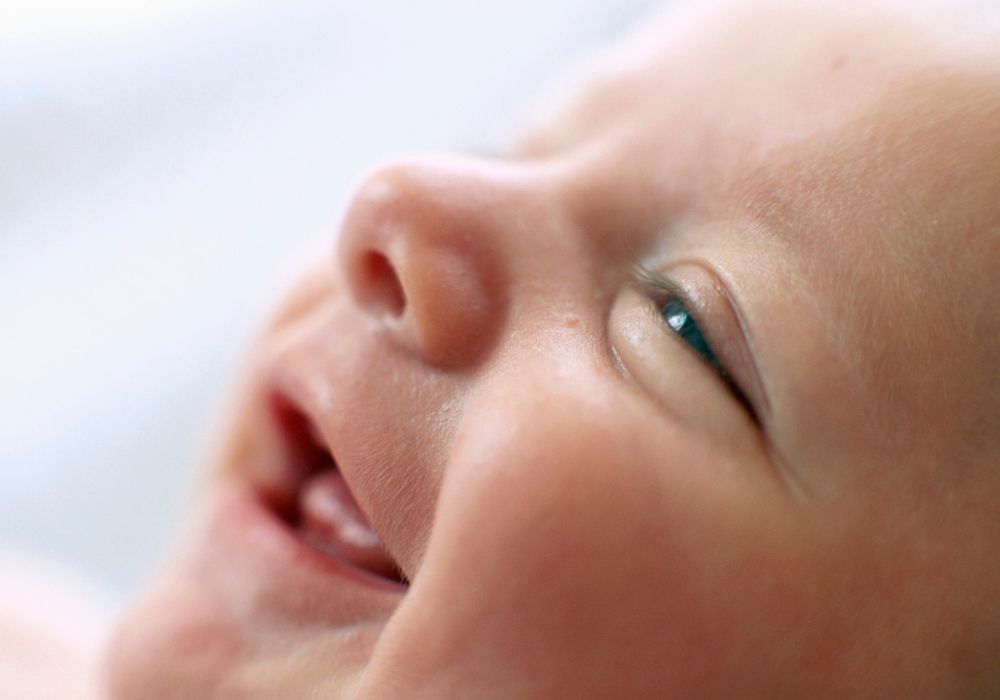
Teething is the process by which a baby’s first set of teeth, called primary teeth, erupt through the gums. Here is a brief overview of the usual ages babies get different types of teeth:
- 0-3 months – Some babies are born with teeth or get teeth within the first 3 months. However, this only occurs in about 1 in 2,000 newborns for natal teeth and 3-4% of babies for teeth at 2 months.
- 3-6 months – The two bottom front teeth (central incisors) typically come in first between 3 and 6 months. About 15% of babies have at least one tooth by 3 months.
- 6-12 months – Between 6 and 12 months, babies usually get their upper front teeth (central & lateral incisors) as well as lower lateral incisors, first molars, canines and sometimes second molars. The average age for the first tooth is about 6 months.
- 13-19 months – Most of the remainder of the primary teeth erupt, including the upper molars, lower canines and usually all second molars. Babies have an average of 18 teeth by 18 months.
- 16-22 months – The lower first molars are typically the last primary teeth to emerge between 16 and 22 months old.
- 24-36 months – By age 3, a child usually has a full set of 20 primary teeth.
As you can see, most babies don’t get teeth until around 6 months at the earliest. However, some babies do begin teething by 2 or 3 months old. Next, let’s look at the signs of early teething.
Signs of Teething at 2 Months
Babies who are getting teeth at the young age of 2 months may demonstrate some of the following:
- Increased drooling due to increased saliva production
- More hand chewing and mouthing behaviors
- Swollen, sensitive gums that may appear reddened or bluish in color
- Irritability or fussiness due to teething discomfort
- Difficulty sleeping
- Rubbing their face or ears
- Decreased appetite or difficulty breastfeeding
- Gnawing or chewing on toys or fingers
- Low grade fever under 101°F
Keep in mind that while these can signal teething, symptoms like congestion, rash, diarrhea or high fever are more likely due to illness rather than early teething. If your 2 month old has other concerning symptoms along with teething behavior, be sure to contact your pediatrician.
Dangers and Risks of Early Teething
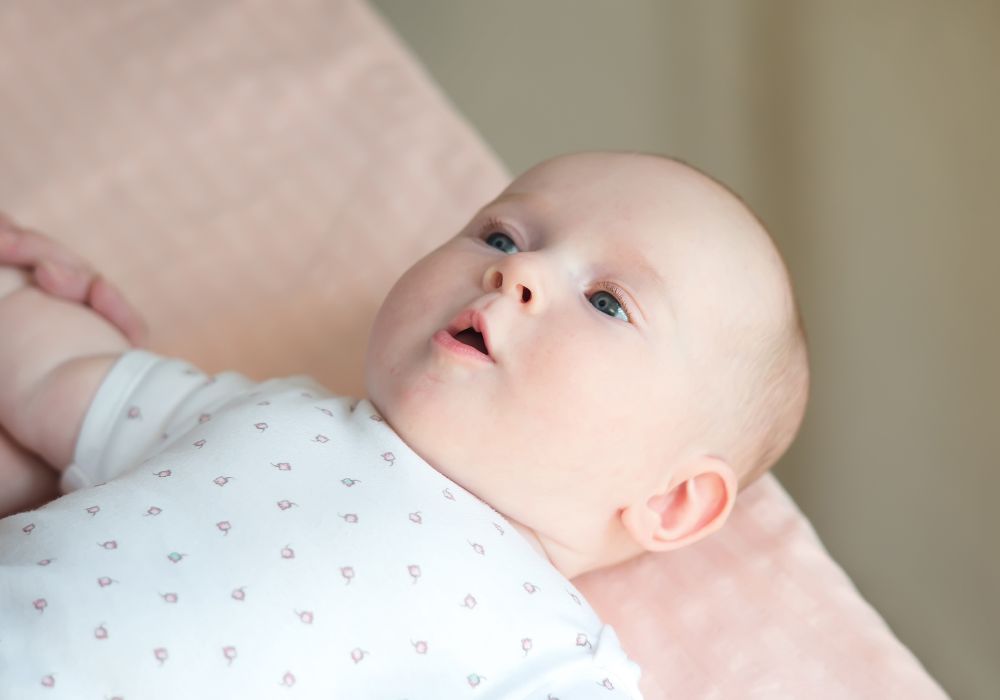
Some parents may worry if their baby gets teeth at 2 months old, but there are only a few potential issues to watch out for with early teething:
- Feeding difficulties – Hard new teeth can interfere with breastfeeding or bottle feeding. The mother may need to adjust her nursing position and technique.
- Injury – Babies explore with their mouth, so new teeth can pose a choking hazard or scratch their tongue or cheek. Supervise closely and avoid small, hard foods.
- Tooth decay – Babies with teeth need oral hygiene but are too young to brush adequately. See a pediatric dentist right away to learn proper cleaning techniques.
- Eruption cysts – These fluid-filled sacks on the gums are harmless but can look concerning.
- Mobility issues – Teeth that emerge too early may be loose initially and require monitoring. Avoid pulling on extremely loose teeth.
Otherwise, as long as your pediatrician confirms your 2 month old is healthy overall, early teething is normal and should resolve as more teeth come in. Monitoring by a pediatric dentist is important though.
Caring for a 2 Month Old with Teeth
If your baby does get teeth unusually early, here are some tips for providing teething relief and keeping their new teeth healthy:
- Gently massage swollen gums with a clean finger or damp washcloth
- Allow them to chew on chilled plastic or rubber teething rings
- Give them a cool spoon or wet gauze pad to gnaw on
- Use an infant oral pain reliever like acetaminophen if recommended by your pediatrician
- Avoid teething gels or tablets with benzocaine that can be unsafe under age 2
- Clean new teeth twice daily with a soft baby toothbrush and water
- Make an appointment with a pediatric dentist as soon as the first tooth erupts
- Discuss any feeding, sleep or behavioral changes with your pediatrician
- Switch to a bottle nipple designed for teething infants if bottle feeding
- Distract with safe chewing toys like rubber items or clean cloth
- Comfort your baby with extra cuddling and patience during this sensitive time
With attentive care and monitoring, you can ensure that early teething goes smoothly for both you and your 2 month old. The key is consulting trusted pediatric medical and dental experts.
When to Visit the Pediatric Dentist

The American Academy of Pediatric Dentistry recommends that all babies have their first dental checkup by 12 months old. But for babies who get teeth before their first birthday like at 2 months old, they advise visiting a pediatric dentist within 6 months of the first tooth erupting.
Seeing a pediatric dentist earlier when baby teeth come in unusually early allows assessment of:
- Proper tooth spacing and alignment
- Normal tooth morphology and count
- Basic oral hygiene instruction
- Fluoride or other protective treatments
- Any anomalies like eruption cysts, cavities, etc.
Early dental monitoring ensures baby teeth are coming in properly. The dentist can also reinforce optimal cleaning techniques from the start to maintain good oral health.
Primary Teeth Importance
Some parents think baby teeth don’t matter since they fall out. However, primary teeth serve crucial functions, so their health and development impacts permanent teeth too. Primary teeth:
- Allow kids to chew, speak clearly and smile properly
- Maintain space for permanent teeth to come in correctly
- Guide permanent teeth eruption by establishing the pathway
- Develop the jaw structure and face shape
- May last until around age 12, so long-term health is important
That’s why promptly treating any issues with early teething through pediatric dental care is key. From day one, baby teeth require conscientious dental care and monitoring.
In summary, most babies won’t see their first tooth surface until around 6 months old. But some do begin teething as early as 2 or 3 months. While not typical, early teething is normal and harmless with proper pediatric medical and dental guidance. If your baby gets teeth at 2 months, schedule their first dentist visit right away and follow tips to ease teething symptoms. With attentive care, early eruption should not pose problems.

